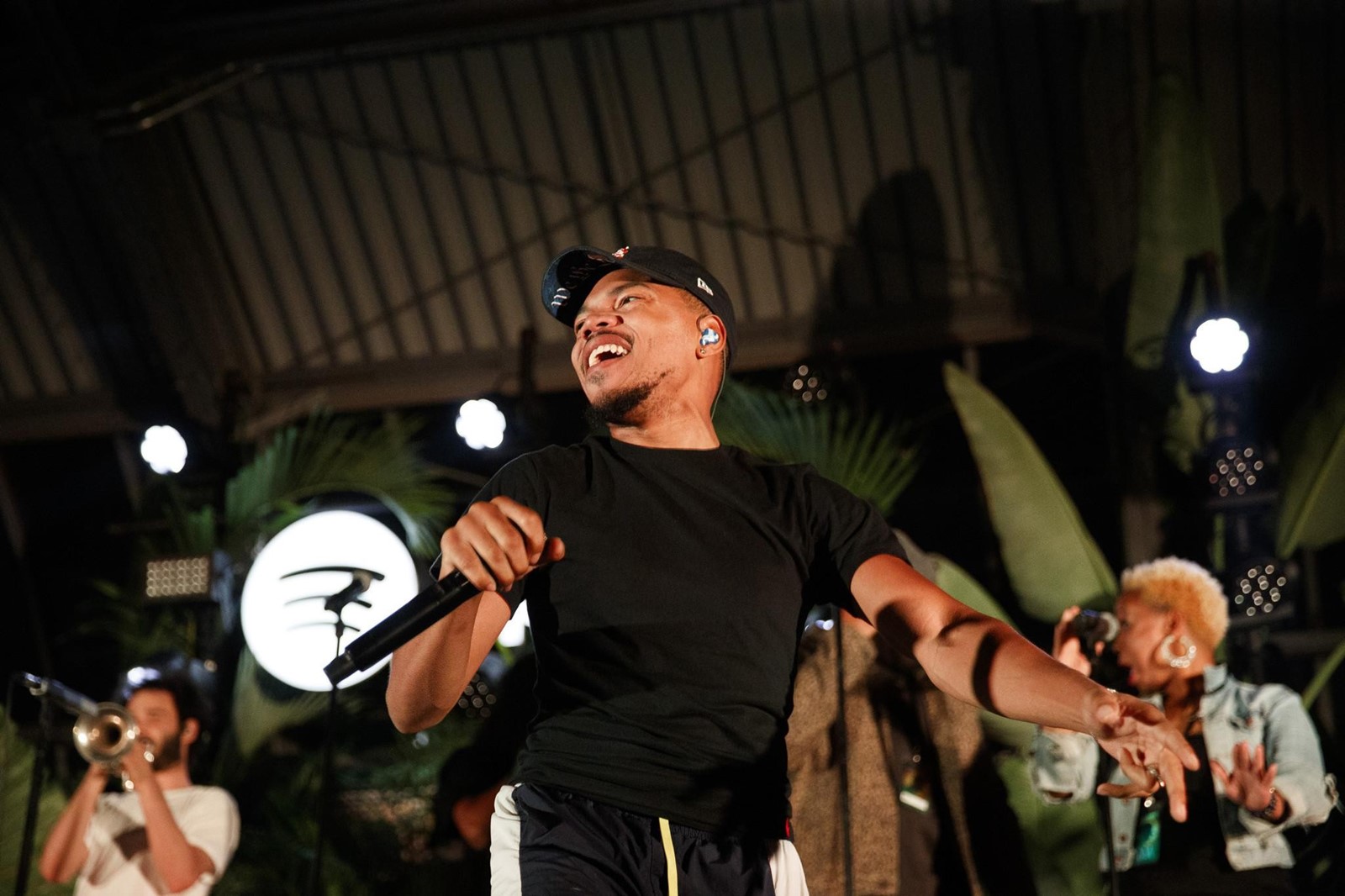recordings
Did Chance the Rapper get boring? Or did we get bored?


The hip-hop hivemind group-thinks the new Chance the Rapper album is garbage. Are they wrong? Not really. But what feels strange about this drastic U-turn in public opinion is that today’s Chance sounds almost exactly like yesterday’s Chance — the affable nice-guy who charmed his way into Kit Kat commercials and Grammy Awards. As a rapper, he’s still infusing traditionalism with optimism, he’s still radiating cutesy certitude. But sometimes a musical idea finally hits its expiration date.
His album is called “The Big Day,” and Chance says it was inspired by holy matrimony, which helps explain why this 22-track ordeal feels like a wedding reception for a couple you hardly know: upbeat on principle, definitely way too long, punctuated by one genuinely heart-touching moment, and otherwise overcrowded with guests.
On previous recordings, Chance sold himself as a future family man, and now, as a happy husband and doting father, the 26-year-old wants that same joy for everyone else kicking around in this valley of the shadow of death. So he raps in sunbeams, his positivity so relentless that it starts to feel more like a commercial strategy than a spiritual mode.
The album’s title track opens a more ambiguous channel to higher powers. “Oh my God, think it’s the greatest day of my life,” Chance sings over the fragile strum of an acoustic guitar. “So glad you arrived.” Then comes the rejoinder: “But the only way to survive is to go crazy.”
Who is he talking to? Directed at God, the refrain becomes a questioning prayer. Sung to a child, it’s a candid bedtime ballad about surviving the cruelty of the world. Sung to a spouse, it’s an anniversary card from Hallmark with some extra scribbles that might end up haunting him in couples therapy.
There’s at least one blurt of heartfelt wisdom on this album, and it arrives over a gravity-averse beat crafted by the ace producer Pi’erre Bourne on a song called “Slide Around.” Basking in Bourne’s summer breeze, Chance boasts about a life of designer footwear and private jets, only to conclude that he’s blessed to be “living with the people I’ma die around.” Reflecting on the good life, he imagines a good death.
But aside from that, Chance’s continued embrace of faith and family often feels like a means of conquering life’s uncertainty. His worldview seems to have seeped all the way down to the bedrock of his musicality, from the tepid beats to the extra-clever rhymes. A life without surprises sounds nice, but really it sounds like this.


 PREVIOUS ARTICLE
PREVIOUS ARTICLE
